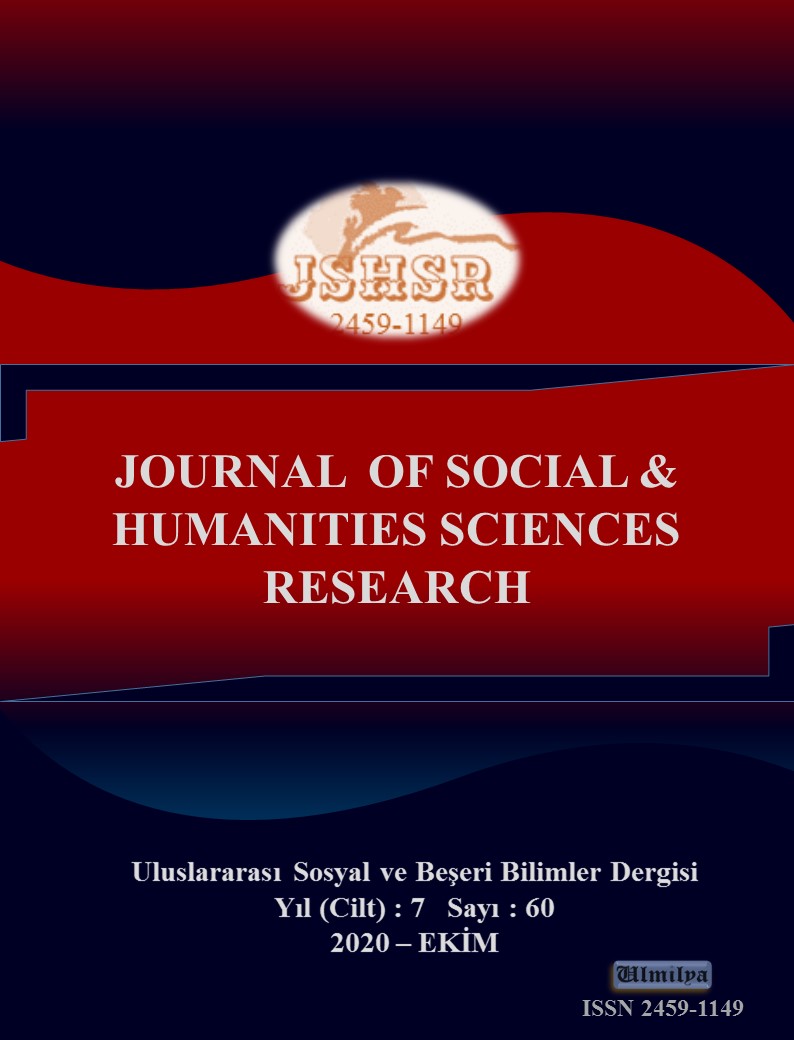THE DIMENSION OF CULTURE IN POSTER DESIGN
DOI:
https://doi.org/10.26450/jshsr.2102Keywords:
Graphic Design, Poster, Culture, TurkeyAbstract
The poster has a significant place in terms of communication in people’s lives, which are full of visual inputs. The posters are classified as cultural, commercial, and social posters in accordance with the needs of the community. The posters are also grouped in two ways as indoor and outdoor posters. The posters, which meet the communication requirements, come up with the purpose of announcement and promotion as well as their artistic use for decorative purposes. With their informative feature, the posters also reflect the cultural characteristics of the societies. People have communicated with other people for centuries to survive in society. During the communication, people use cultural elements. Poster art has an important place in social communication with the various cultural elements it uses. Communication tools have also changed with the developing and changing communication conditions. Many modern communication tools such as desktop broadcasting systems, network communication systems, computers, and satellite broadcasting systems have been added to existing communication tools such as writing, speech, telegraph, and telephone. With this study, it has been tried to draw attention to the effects of cultural poster works on society in the changes offered by the world, which constantly updates itself. Since the beginning of history, communication has played an important role in establishing social relations. In this study, the historical development of poster art in Turkey is depicted in an overview. The works of artists such as İhap Hulusi Görey, Mengü Ertel, Yurdaer Altıntaş, Emrah Yücel and Yusuf Kara were examined.
Downloads
Published
How to Cite
Issue
Section
License
Copyright (c) 2020 INTERNATIONAL JOURNAL OF SOCIAL HUMANITIES SCIENCES RESEARCH

This work is licensed under a Creative Commons Attribution 4.0 International License.


